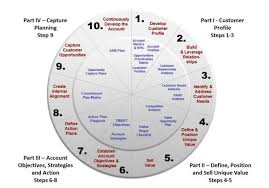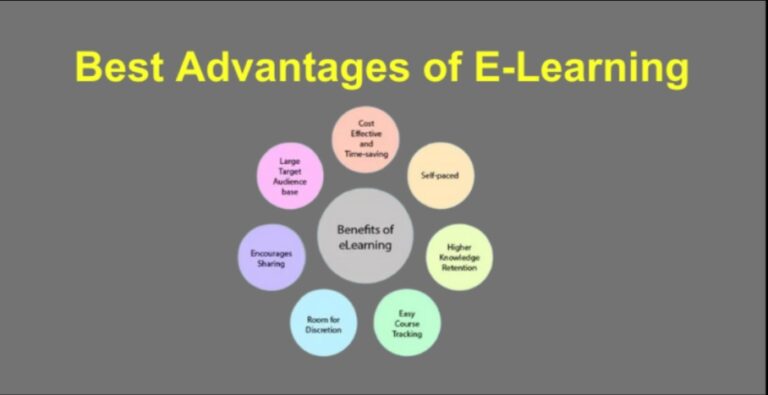How To Create an Account Planning Framework
An account planning framework can mean the difference between successful business development and stagnation. This precise, strategic approach to account management aids corporations in making informed decisions, executing strategic plans, and building enduring customer relationships. Below, we delve into the intricacies of account planning frameworks.
Understanding Account Planning Framework
Alt text: A team leader presenting an account planning framework to a team at a conference table.
The account planning framework is a structured approach to managing business accounts. It’s a tool that helps organizations effectively strategize their business engagements, foresee potential market challenges, and proactively design workable solutions. The essence of an account planning framework cannot be overstated in modern business interactions.
For middle-market firms to top multinational corporations, an account planning framework aids in debating potential engagement strategies and projecting market dynamics. Furthermore, these frameworks can serve as a blueprint for relationship managers to assess their client accounts holistically.
Companies that implement an effective account planning framework often have a clearer vision of their growth strategy. They understand their customers better, identify areas of opportunity, and align their service delivery to meet the customer’s objectives.
Account planning frameworks vary based on business size, operation, and market visibility. Companies should explore different methodologies and then adopt and adapt those that fit their functioning style and goals.
Importance of Account Planning Framework in Business
A well-structured account planning framework can provide a comprehensive view of client accounts. It allows sales teams to understand the customers’ needs better and tailor their offerings to meet those needs. This adaptive approach often results in increased customer satisfaction, which can lead to customer retention and loyalty.
In addition, it provides valuable insights and data that can guide strategic decision-making processes. Successful implementation can drive overall business growth, stimulate customer acquisition, and catalyze predictive market positioning.
Last, but not least, it equips sales teams with the tools and information they need to manage accounts more efficiently. This can lead to increased productivity and more effective resource allocation.
Comprehensive Steps in Creating an Effective Account Planning Framework
To embark on the journey of creating an account planning framework, first, understand the goals, missions, and vision of your business. Your model should align with your business objectives and mirror your corporate culture.
The next step is to understand your customer base. Conduct extensive market research to understand their needs, challenges, and expectations. This will guide you in designing a framework that meets their needs and expectations.
Craft your framework with flexibility in mind. Remember that markets evolve, clients’ needs shift, and economic dynamics change. Your framework should be adjustable to accommodate these changes.
Lastly, ensure regular review and updates of your framework. This is vital to maintain its functionality and relevance in an ever-changing business environment.
Enhancing Your Company’s Growth With A Solid Account Planning Framework
Alt text: A small team sitting around a table discussing an account planning framework.
Adopting a solid account planning framework can drastically enhance your company’s growth. The in-depth understanding of customer needs and expectations gained can lead to better-tailored services, ultimately heightening customer satisfaction and loyalty.
In addition, the analytical insights derived from the application of a framework can significantly aid in assessing market trends and forecasting business strategies. This facilitates sound decision-making and strategic planning.
Moreover, a robust account planning framework can not only increase productivity and resource allocation but also foster internal collaboration among teams. This creates a conducive working environment and enhances overall business growth.
An account planning framework is more than just a tool for managing business accounts. It’s a strategy driver that aligns your business objectives with your market operations, creating an opportunity for substantial growth.







